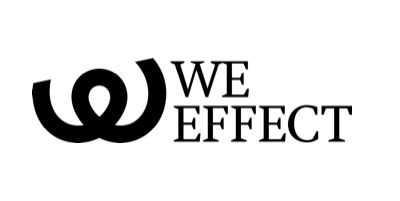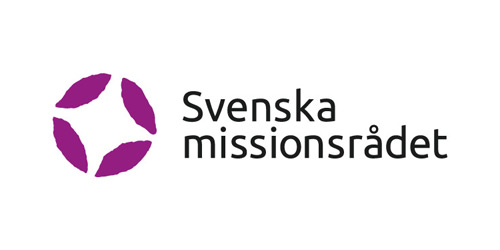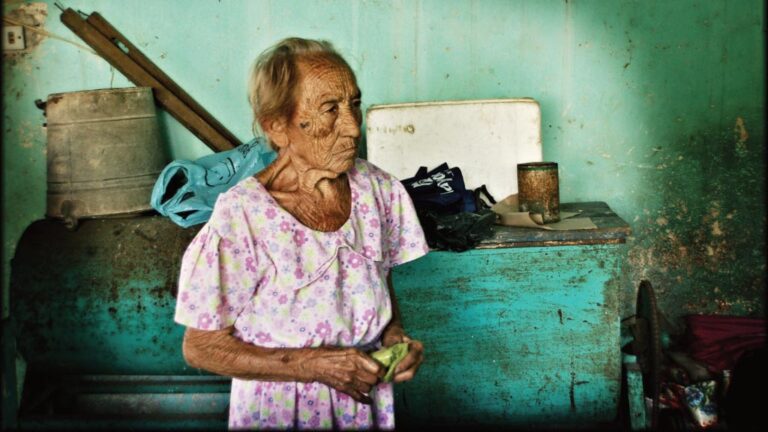
An elderly woman in domestic work, Mexico. Photo: Lorna Brooks, Flickr.
Av: Carlos Ranero och Charlotte German
The film ROMA portrays the life of an indigenous woman in Mexico and has sparked a debate about the working conditions for indigenous domestic workers in the country. Discrimination, violence and no working security are some of the risks that make up the daily work life for many of the marginalized women.
9 april, 2019, English, Magazine
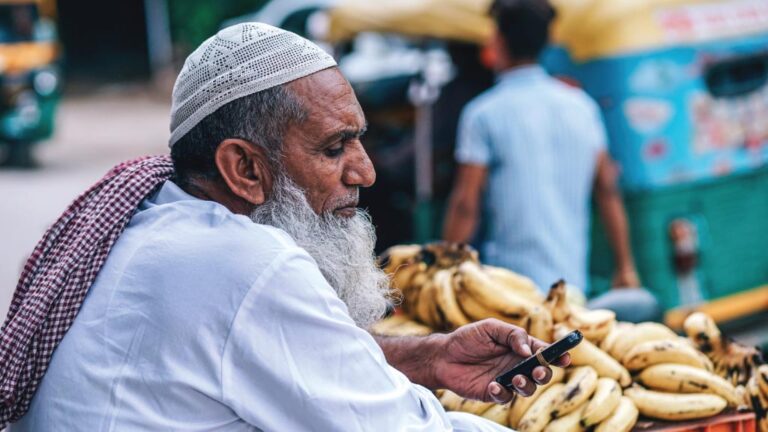
Adjusting technology to benefit development is tricky - but India might be heading straight into the future. Photo: Pexels.
Av: Fredrik Björksten
When the 1.3 billion people of India woke up on the morning of November 9th, 2016, many of them had become poor overnight. After Prime Minister Modi’s sudden decision to ban a staggering 86% of all cash in circulation, the 500 & 1.000 rupee notes had become nothing more than “worthless pieces of paper” and […]
Läs mer »
6 mars, 2019, Editorial, English, Magazine
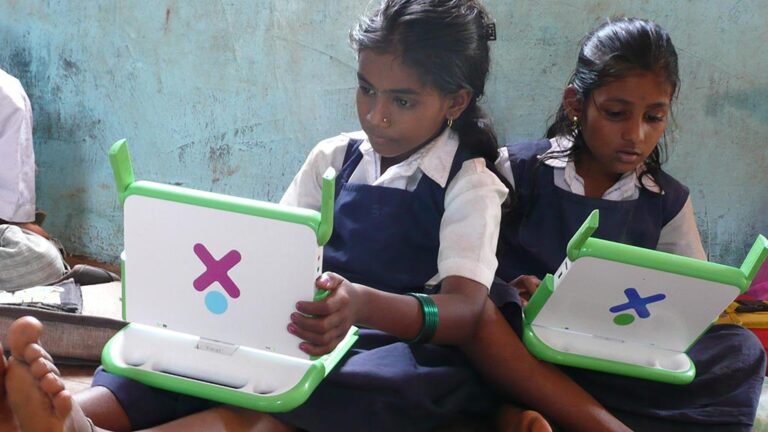
The ‘XO’ Laptop aims to connect children across the world to new educational opportunities. Photo: One Laptop Per Child, Flickr.
Av: Siobhán Coskeran
New technologies have the potential to provide educational opportunities in underprivileged contexts. Examples from India, however, show that it is not only innovative technologies that are important, but innovative uses of technology.
6 mars, 2019, English, Long read, Magazine
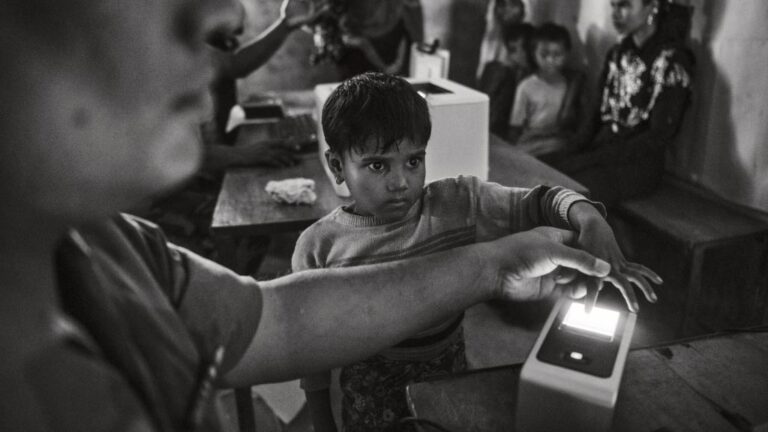
A Rohingya refugee boy has his fingerprints taken and stored in Bangladesh. Photo: Kevin Frayer.
Av: Iryna Sharypina och Tessa Stockburger
With the production and handling of sensitive data, humanitarian organisations could be risking the lives of the very people they’re mandated to protect. Yet, they might not even realize it until it is too late.
5 mars, 2019, Chronicle, English, Magazine
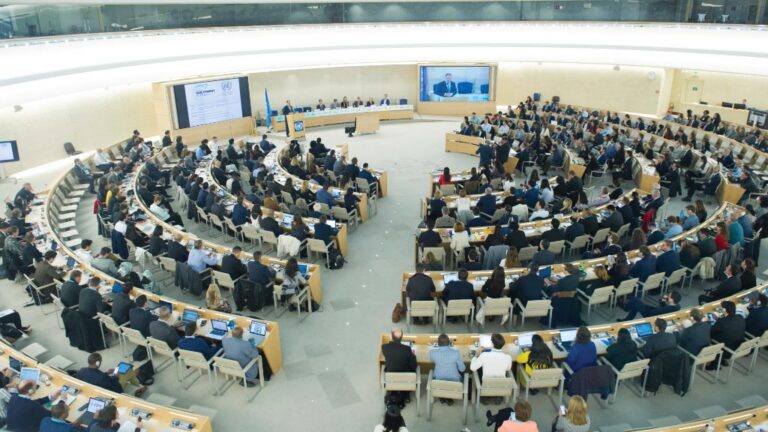
A “Blockchains for Sustainable Development” debate during the World Investment Forum 2018. Photo: Violaine Mart, UNCTAD.
Av: Vittorio Capici och Wooseong Kim
The incorruptible digital system of economic transactions known as Blockchain has climbed up governmental priorities in the Global South. Today, blockchain technology strives to solve fundamental public issues.
5 mars, 2019, Article, English, Magazine
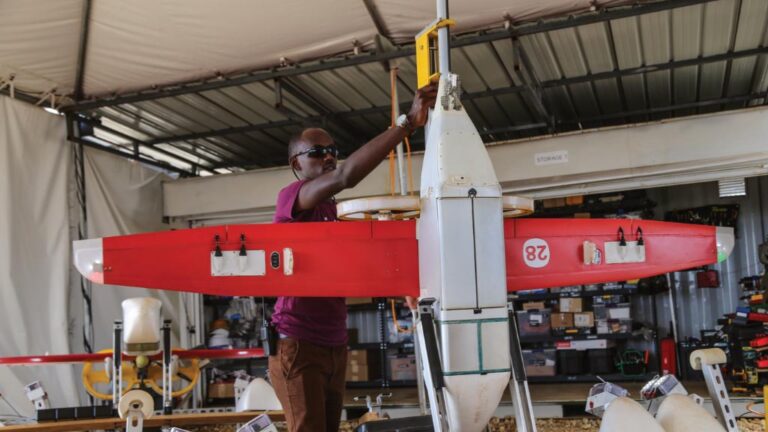
Rwanda is leading the way by being the first country to use drones on a national scale in health care. Now Ghana is following. Photo: World Bank Photo Collection, Flickr.
Av: Åsa Setterquist
Zipline, a US-based company, has been using drones to deliver medical supplies to health clinics and hospitals in remote areas in Rwanda since 2016. Now the project is to be implemented in Ghana.
5 mars, 2019, Article, English, Magazine

Zimbabweans from all walks of life in a solidarity march calling for president Robert Mugabe to step down in November 2017. Photo: Zimbabwean-Eyes, Flickr.
Av: FUF Lund
Shutting down the internet is one of the ways used by most governments across the African continent to silence opposing voices. However, citizens continue to use the internet to create awareness, organize and plan marches within and outside their countries. They have also come up with innovative ways of bypassing the shut-down.
5 mars, 2019, Article, English, Magazine

The Congo basin. Photo: Ahtziri Gonzalez, CIFOR
Av: Aida Esmailzadeh Davani, Erika Alm och Harmat Frigyes
What if 20 years’ worth of US fossil fuel emissions was released due to unsustainable land use? Exploiting the world’s largest tropical peatland, recently discovered in the Congo Basin, might turn this scenario into reality.
5 mars, 2019, Article, English, Magazine
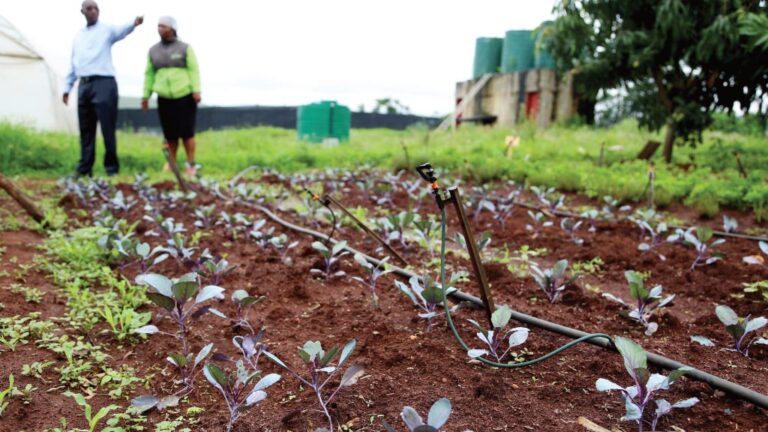
A demo plot for integrated farming established by Swaziland National Agricultural Marketing Board (NAMBOARD) in Manzini. Photo: Believe Nyakudjara, FAO in Southern Africa
Av: Carolina Yang
Innovation has been pinpointed as a crucial strategy to shift towards a sustainable food system in the EAT-Lancet Report released in January. Although agricultural innovation should not be limited to technology, it has without doubt had substantial impacts on our current food systems. Technology, however, is a double-edged sword, and should be properly evaluated prior to its application.
5 mars, 2019, Article, English, Magazine
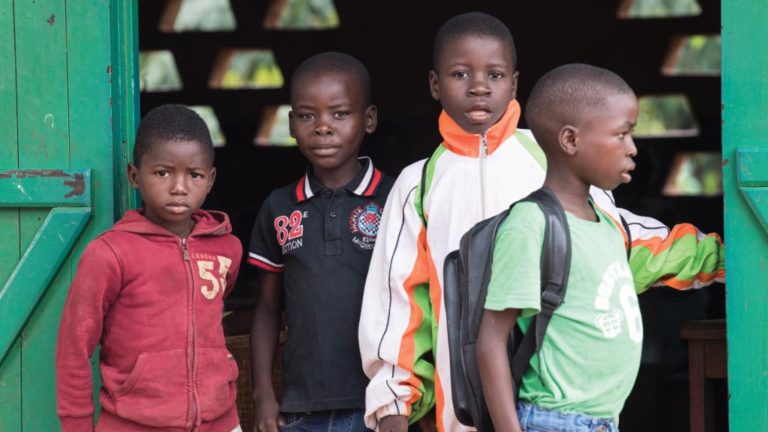
Schoolboys attend sensitization classes on sexual education at a school in Bangui, Central African Republic. The classes are meant to prevent gender-based violence. Photo: UN/Flickr.
Av: Siobhán Coskeran och Yvonne Jila
The fight against gender-based violence has often been cast as a women’s issue. However, successful programmes in Africa show the importance of engaging men and boys in the discussion.
10 december, 2018, English, Long read, Magazine











